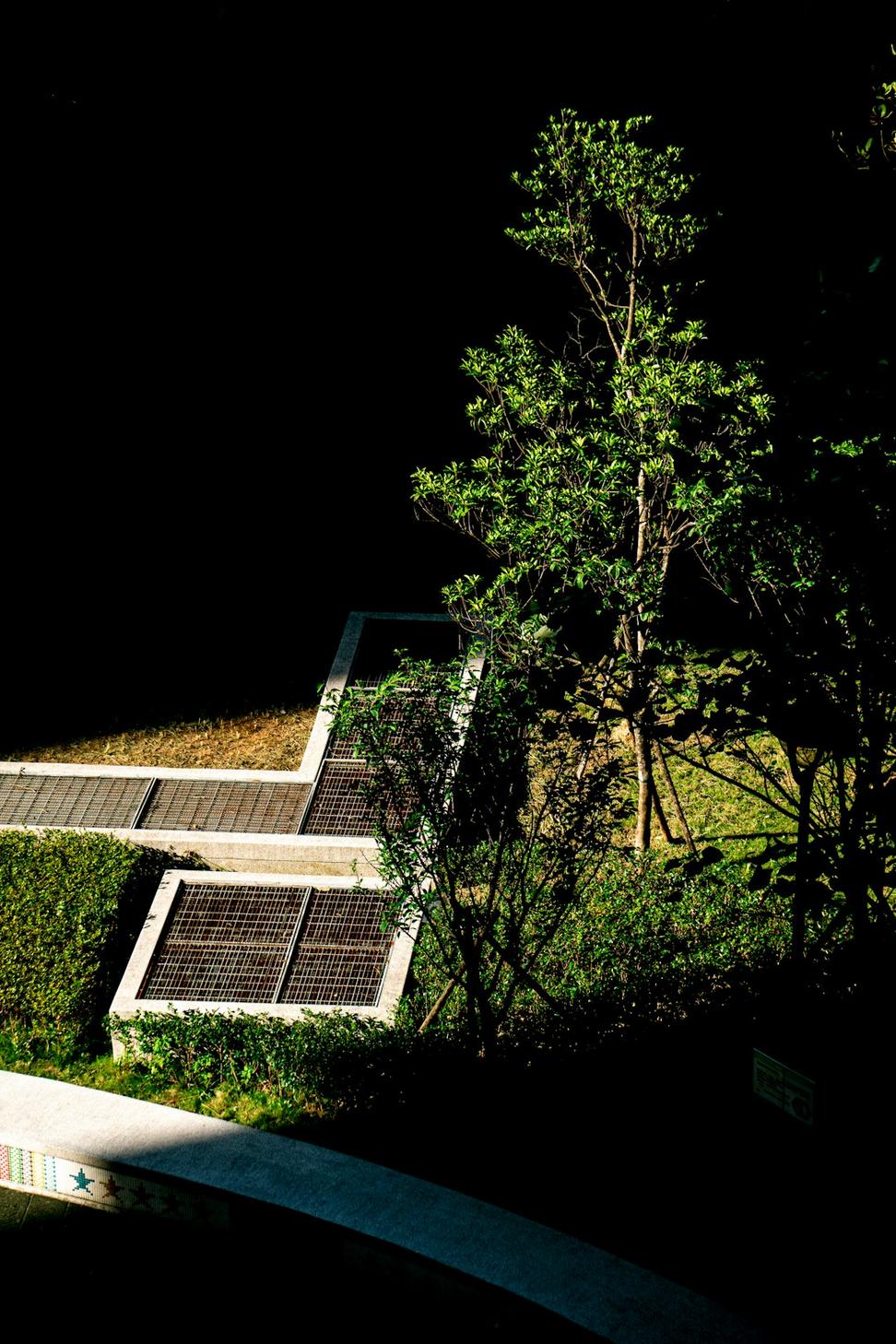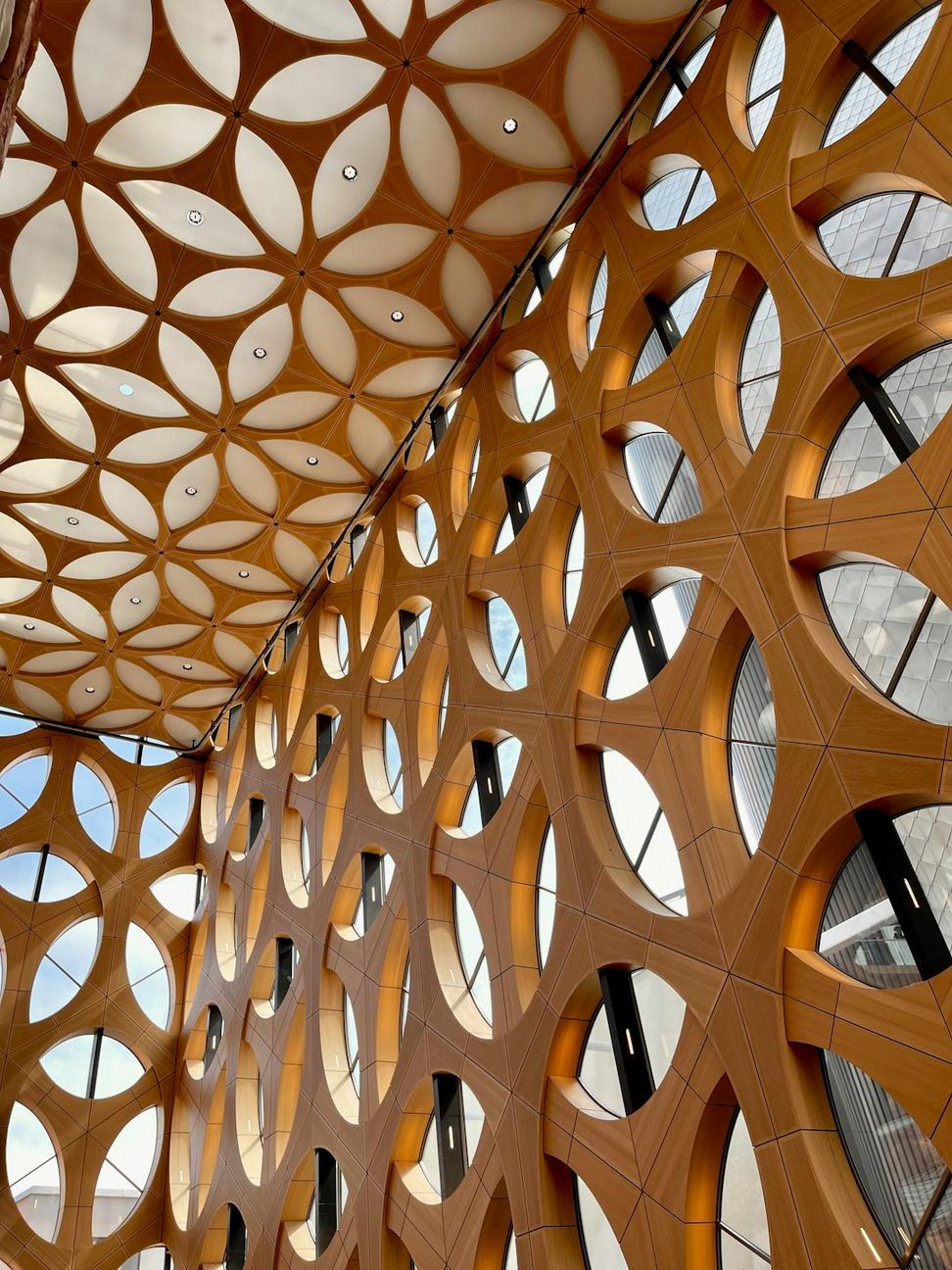
Building for Tomorrow
Because honestly, we've only got one planet

Because honestly, we've only got one planet
Look, we're not gonna pretend sustainable architecture is just some trendy add-on. It's literally how we approach every single project that comes through our doors. Been doing this for years now, and I've seen too many buildings that look great on day one but turn into energy-guzzling nightmares.
Here in Vancouver, we've got this incredible natural setting – mountains, ocean, forest. Feels wrong to create spaces that fight against all that instead of working with it. So we don't.
Every material choice, every window placement, every mechanical system – it all matters. And yeah, it takes more time upfront, but the buildings we create actually perform better, cost less to run, and frankly, they just feel better to be in.

Leadership in Energy and Environmental Design
12 Projects Certified
Average energy reduction: 35%
Ultra-low energy building standard
8 Projects Completed
Up to 90% heating/cooling reduction
Designed for zero carbon emissions
15 Projects Designed
Future-proofed for carbon neutrality
Most rigorous green standard
2 Projects Pursuing
Regenerative design approach
Your utility bills drop significantly – we're talking 30-60% less depending on the approach. That adds up fast.
No weird off-gassing from materials, proper ventilation systems. You can actually breathe easy.
Green buildings consistently appraise higher. Future buyers aren't dumb – they see the value.
Consistent temps, no drafts, better natural light. It's not just about being "green" – it's about feeling good.
Here's what we've actually built and how it's performing
It's not rocket science, but it does take more thought than the usual approach
Before we even sketch anything, we spend time on-site. Which way's south? Where's the wind coming from? What's the microclimate like? You'd be surprised how much this stuff matters.
This is the stuff that doesn't require electricity – proper window placement for cross-ventilation, thermal mass, natural daylighting. Getting this right means you need way less mechanical systems later.
We dig into where stuff comes from, how it's made, what's in it. Local materials when possible, reclaimed when we can find quality pieces, low-VOC everything. It's detective work sometimes.
We run computer simulations to predict how the building'll actually perform. Sometimes the results surprise us and we tweak the design. Better to find out now than after it's built.
We don't just hand over the keys and disappear. We check back in after a year to see how things are actually performing. That's how we keep getting better at this.
Let's talk about your project. Whether you're aiming for certification or just want a building that makes sense, we're here to help figure it out.
Get in Touch